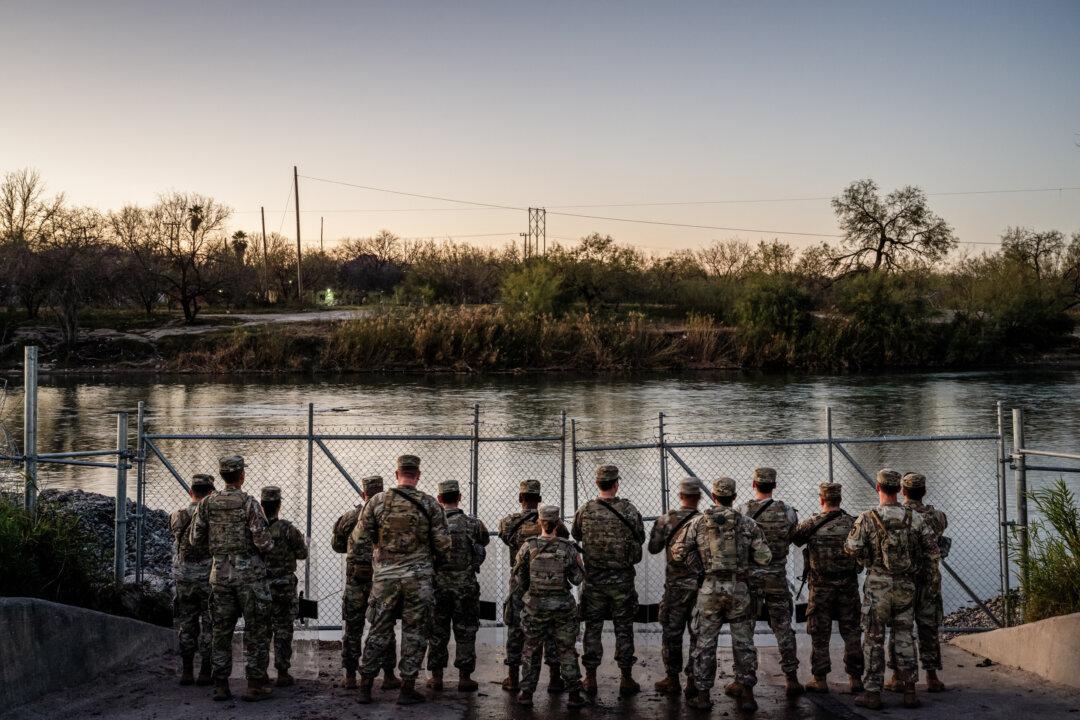The U.S. Supreme Court imposed a temporary pause on the enforcement of Texas’s immigration law on Monday, which would have granted state law enforcement powers to arrest and detain people they suspect of entering the country illegally.
Justice Samuel Alito, who oversees the federal circuit handling the case, issued an administrative stay, effectively postponing the implementation of SB4 until March 13. This temporary pause allows the Supreme Court additional time to review the case but does not provide a clear indication of the court’s ultimate stance.





